LTER at AGU 2018: Exploring the depths beneath our feet
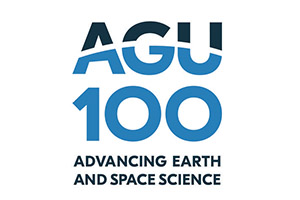
LTER Network presentations and posters at American Geophysical Union (AGU) Meeting 2018

LTER Network presentations and posters at American Geophysical Union (AGU) Meeting 2018
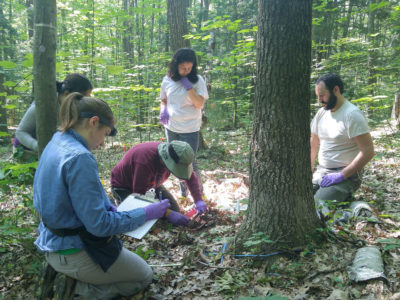
Researchers Frederik Schulz (US Department of Energy’s Joint Genome Institute) and Lauren Alteio (University of Massachusetts) have discovered sixteen new giant viruses in soil samples from a long-term research site at the Harvard Forest LTER, described in a Nature Communications paper published in November 2018. Giant viruses are larger than most single celled organisms, and tend… Read more »
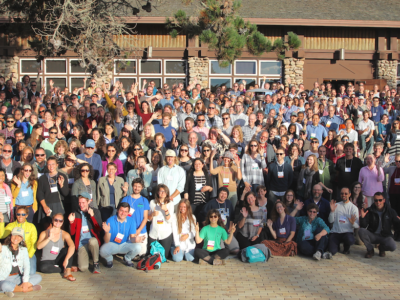
LTER-NCO staff interviewed a number of participants at the 2018 All Scientists’ Meeting (ASM) to capture their thoughts and experiences at ASM and as part of the LTER network. Watch below.
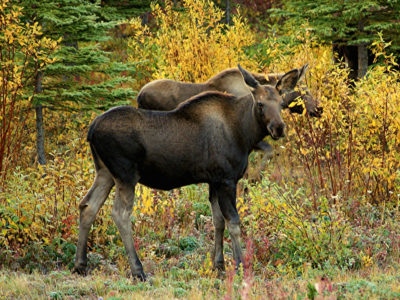
Researchers from Bonanza Creek LTER developed a framework for boreal forest management that considers climate uncertainty, public safety related to fire regimes, and harvest and biodiversity goals.
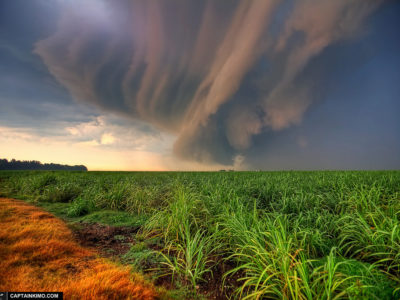
FCE-LTER researchers explore a case where industry and regulatory stakeholders have worked together to reduce runoff and improve water quality in the Everglades.
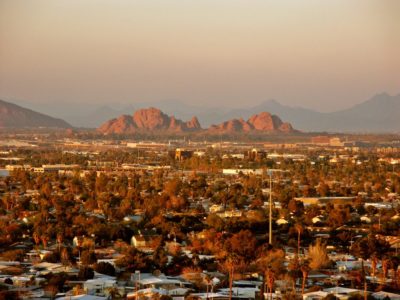
Western black widow spider populations in urban locations are more diverse than those in rural locations
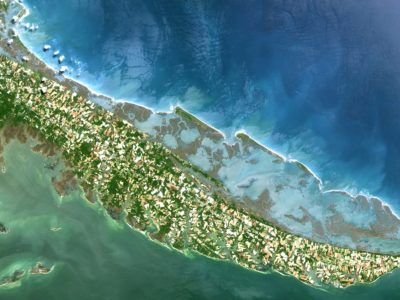
Researchers at the Virginia Coast Reserve LTER recently found that adjacent patches of salt marsh and seagrass increase sedimentation benefits in shallow coastal bays.
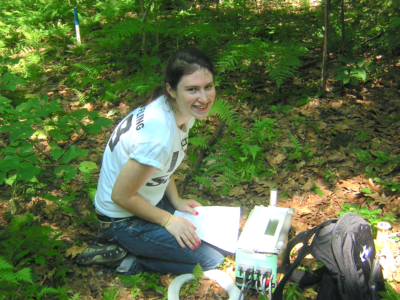
The Undergraduate Field Experiences Research Network (UFERN) is pleased to announce a new webinar series focused on 21st century field education. The webinar series will bring expertise to our discussions and thinking that support the goal of UFERN by moving field learning experiences into the 21st century. Please join us for the first webinar in this series… Read more »
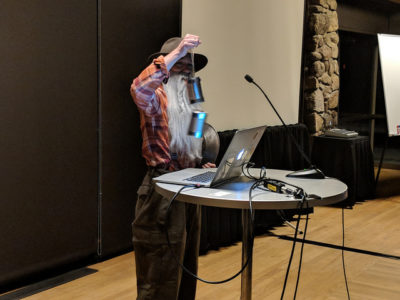
The All-Scientists’ Meeting only happens every 3 years. The workshops offer an amazing smorgasbord of fresh results, new theory, tools, and opportunities to make progress on old challenges. But as the organizing committee contemplated the 2018 All Scientists’ Meeting, we also wanted to create a space for the Network to look toward the future–a way… Read more »
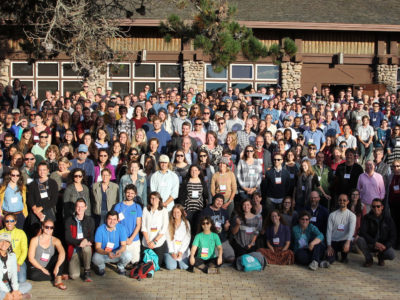
Sunshine, sand, and surf greeted participants of the 2018 LTER All Scientists’ Meeting as they arrived at Asilomar Conference Grounds in Pacific Grove, California. For four days, Asilomar was abuzz with the excitement of nearly 600 people sharing new scientific ideas and discussions. The theme of the 2018 meeting, Next Generation Synthesis: Successes and Strategies,… Read more »